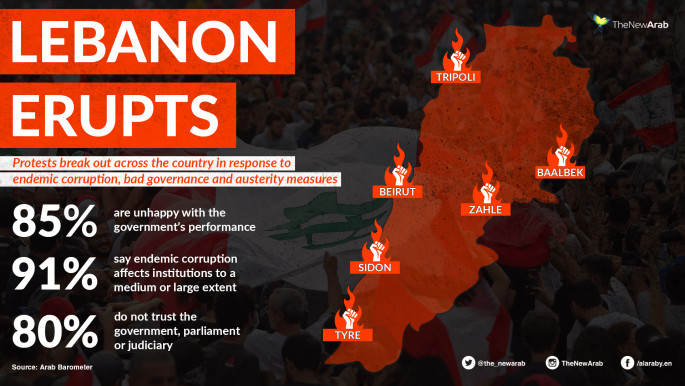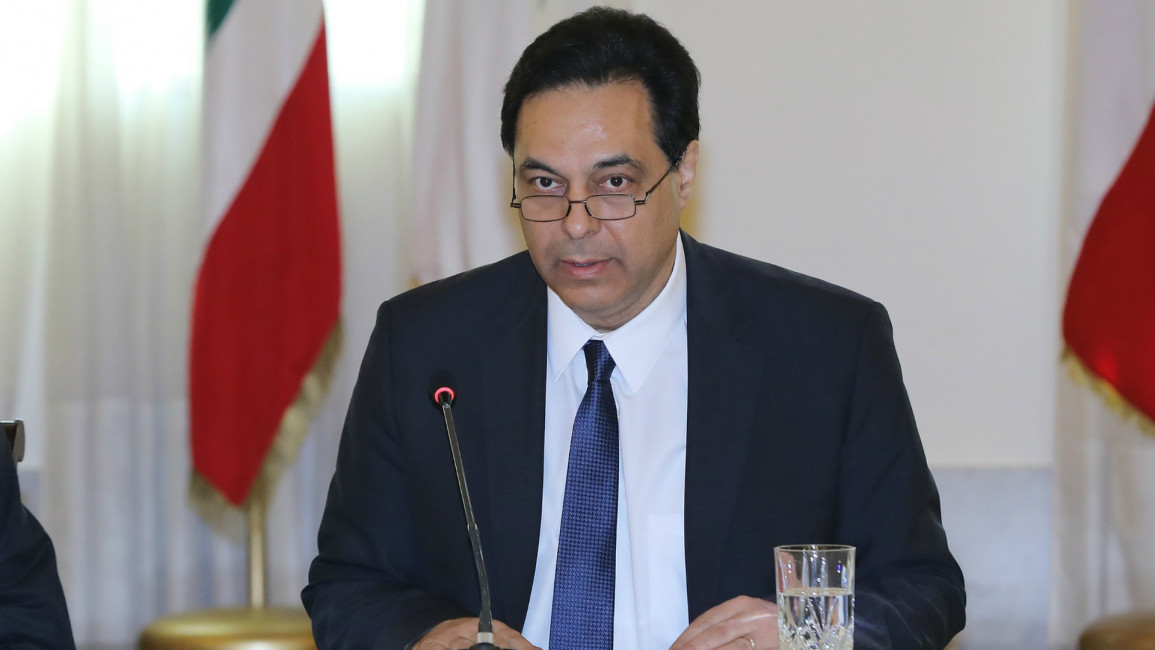Lebanon to default on Eurobond debt as government decides not to pay
Foreign currency reserves have fallen to "a worrying and dangerous level which pushes the Lebanese government to suspend payment of the March 9 Eurobond maturity because of a need for these funds," Prime Minister Hassan Diab said in a televised address to the nation.
"The Lebanese state will seek to restructure its debts, in a manner consistent with the national interest, by entering into fair negotiations...with all creditors," Diab said.
Lebanon's debt burden, long among the largest in the world, is now equivalent to nearly 170 percent of its gross domestic product (GDP).
Despite a series of crisis, the country has never before defaulted, but in recent months it has grappled with its worst economic turmoil since the 1975-1990 civil war.
Foreign currency inflows have slowed, Lebanon's pound has plunged and banks have imposed tough restrictions on dollar withdrawals and transfers.
According to Marwan Barakat, head of research at Bank Audi, Lebanese banks owned $12.7 billion of the country's outstanding 30 billion Eurobonds as of the end of January.
The central bank held $5.7 billion and the remaining were owned by foreign creditors, he said.
According to local media reports, Lebanese banks have recently sold a chunk of their Eurobonds to foreign lenders.
Local banks, which own a chunk of the Eurobonds maturing on March 9, have argued against a default, saying it would pile added pressure on a cash-strapped banking sector and compromise Lebanon's ties with foreign creditors.
Lawmakers, most notably those representing the Shia Amal and Hezbollah movements, have advocated debt restructuring to preserve plummeting foreign currency reserves.
 |
| Click here to enlarge |
Anti-government demonstrators who have remained on the streets since October have also lobbied against repayment, fearing a depletion of reserves could further limit access to their savings.
"We shouldn't have to pay the price of government shortcomings," said Nour, a 16-year-old demonstrator, during a rally outside central bank headquarters in Beirut.
Lebanon's sovereign debt rating slid into junk territory long ago, but investor confidence has fallen further since the mass protests erupted.
Credit rating agencies have warned of further downgrades in the event of a default, but economists have stressed the need to protect Lebanon's foreign currency reserves.
Agencies contributed to this report.
Follow us on Facebook, Twitter and Instagram to stay connected

![Widespread famine is imminent in Gaza [Getty Images]](/sites/default/files/styles/image_330x185/public/2024-03/GettyImages-2015647000.jpg?h=199d8c1f&itok=mJWWP_Td)

